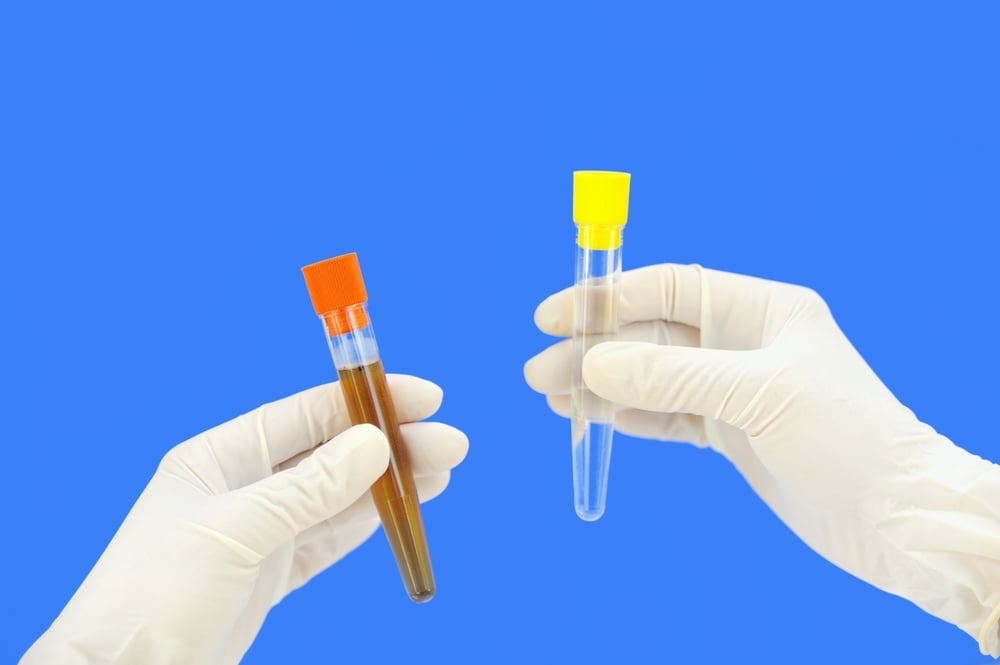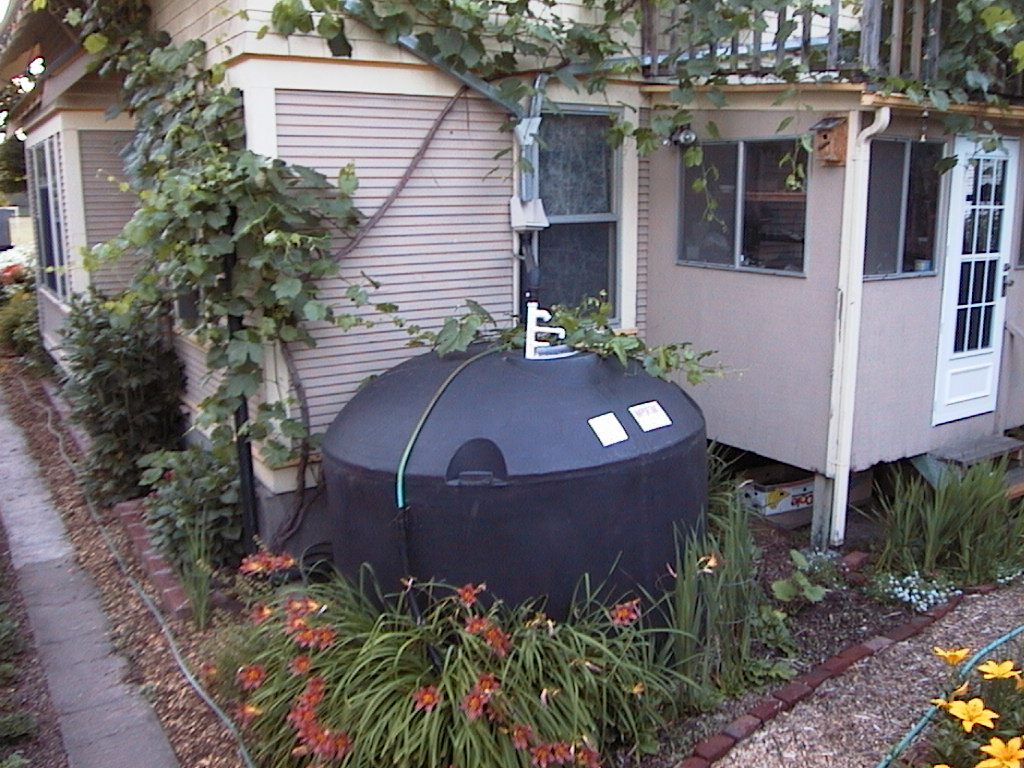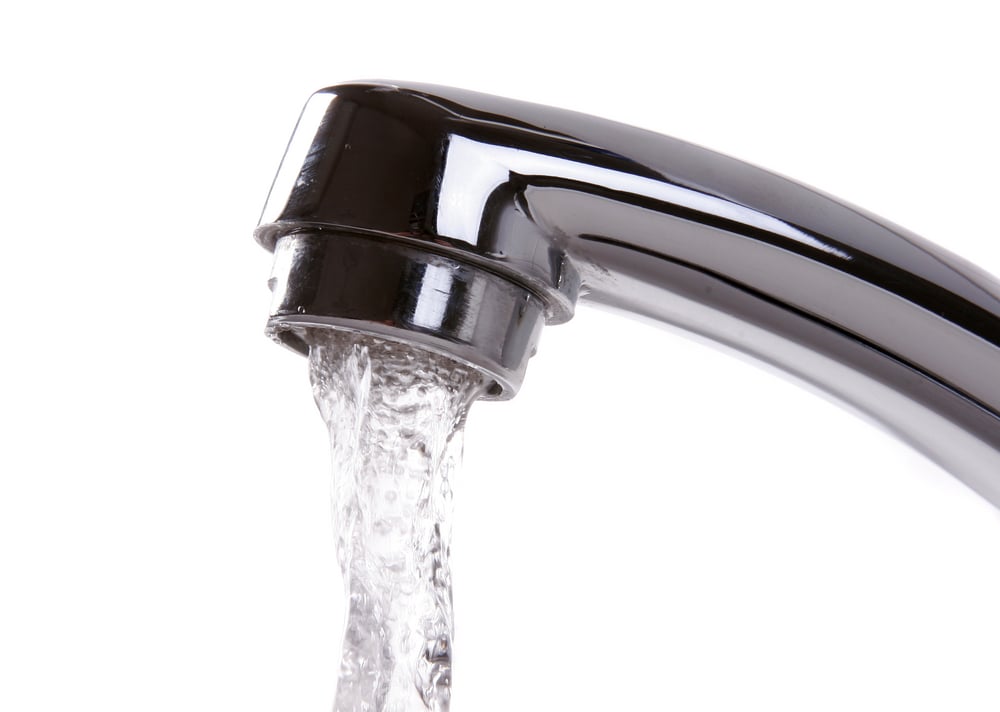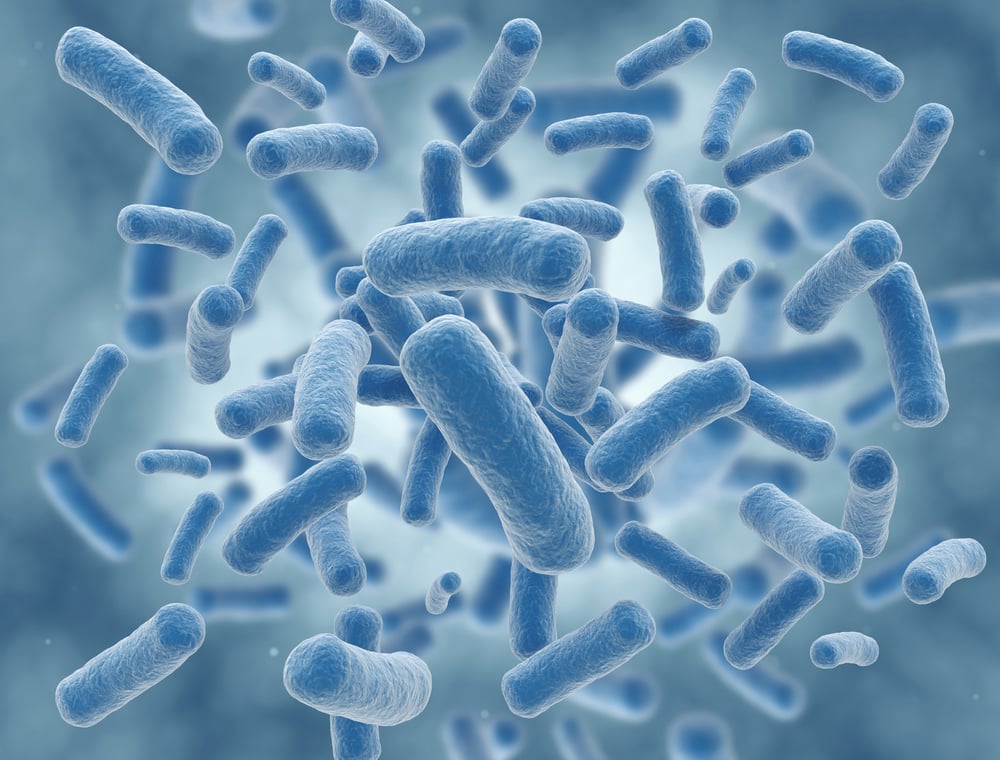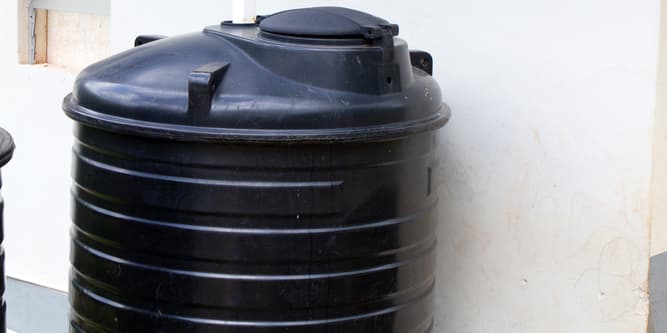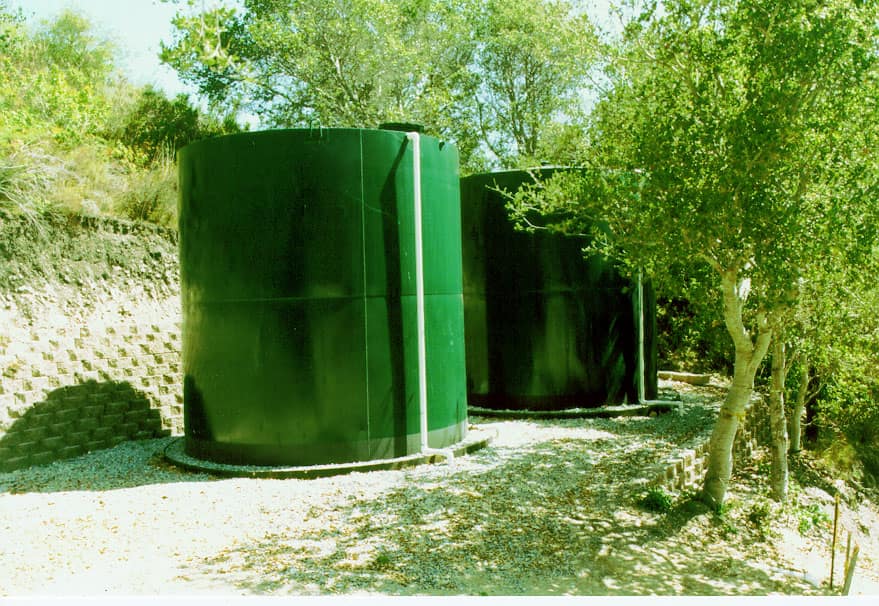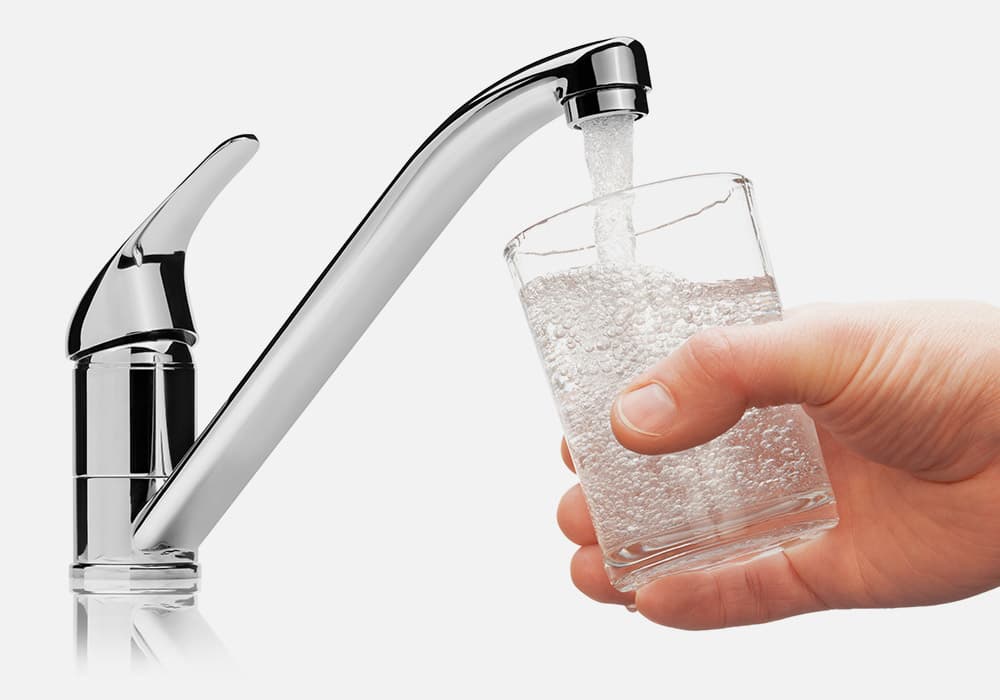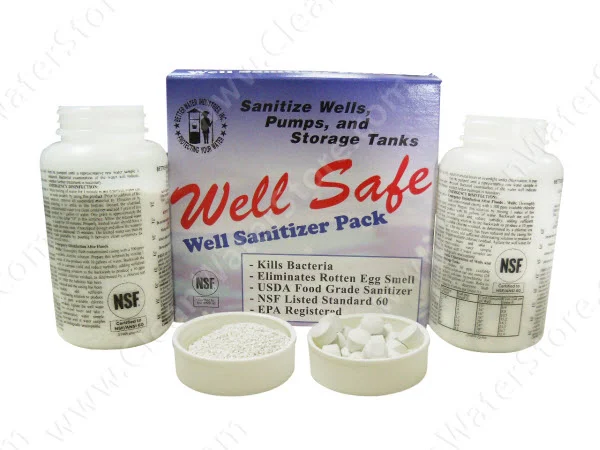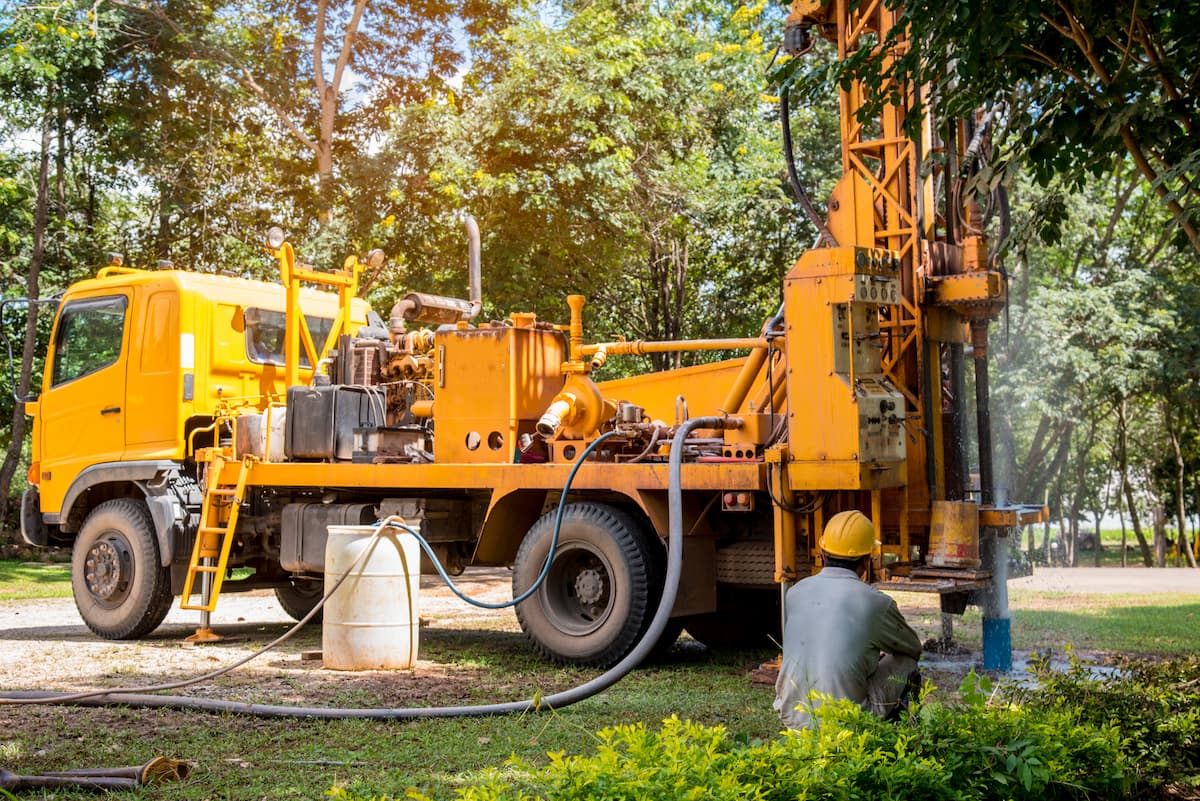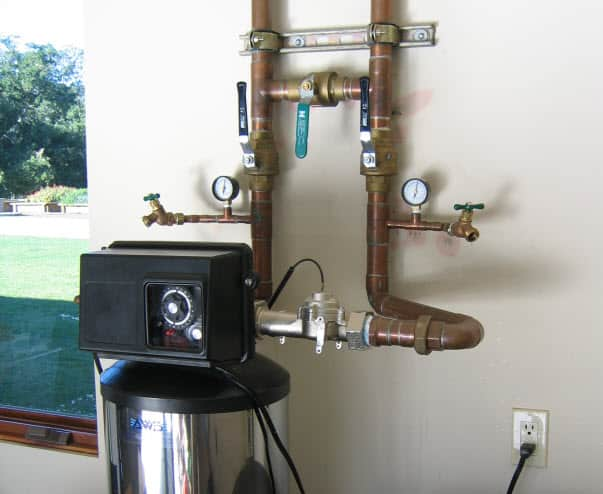While relying on a private well can offer some great advantages – namely, the ability to completely control the quality and composition of your water – most well water users can attest that it comes with its own share of disadvantages as well. Perhaps the biggest trouble with well water stems from the variety of … Continue reading Water Tests
Category: Water And Health
Neutralizing Rainwater with a Calcite Blend Neutralizer
While most of our letters come from users of well and city water, some are from customers who rely on rainwater at home. Rainwater often has a low pH when first collected, which can lead to copper leaching in cistern systems due to its acidity. One rainwater user recently contacted us with this issue, so … Continue reading Neutralizing Rainwater with a Calcite Blend Neutralizer
Treating Cloudy (Turbid) Water Without Chemicals
We recently received a letter from a concerned mother experiencing cloudy water in her home. She was a bit worried about the possible health effects of turbid water and put off by the idea of bathing her kids in water cloudy, sediment-filled water. She had called her local specialists but was not excited about their … Continue reading Treating Cloudy (Turbid) Water Without Chemicals
Treating Iron, Manganese, and Coliform Bacteria in Well Water
Have you ever noticed strange metallic smells in your water? Experienced buildup on faucets and fixtures? Gotten sick from your drinking water? We sincerely hope the answer to all three of those questions is “no” – particularly that last one. If not, your water may be contaminated with iron and manganese, or worse, iron or … Continue reading Treating Iron, Manganese, and Coliform Bacteria in Well Water
Removing Hydrogen Sulfide with a Chlorination System
One reader recently wrote to us wondering why the foul sulfur odor in his water seemed to disappear after shock chlorination, only to reappear about a week later. This a common question with a rather simple answer: Foul odors in water tend to be caused by iron and sulfur bacteria, which expel foul-smelling hydrogen sulfide … Continue reading Removing Hydrogen Sulfide with a Chlorination System
Effects of Chloride in Well Water, and How To Remove It
Understanding Chloride in Tap Water: Risks, Effects, and Treatment Chloride is one of the most common anions found in tap water and is a naturally occurring component in groundwater. It’s typically present in combination with other elements like sodium, calcium, or magnesium to form salts. The most well-known example is sodium chloride (NaCl), commonly known … Continue reading Effects of Chloride in Well Water, and How To Remove It
How Much Chlorine Should Be Added to a Storage Tank to Kill Bacteria?
How Much Chlorine Should Be Added to Kill Bacteria in Storage Tanks? If you’ve been using well water for a long time or have read this blog frequently, you already know that chlorine is one of the most effective disinfectants. It’s low-cost, safe, and fairly easy to manage in water systems, making it the go-to … Continue reading How Much Chlorine Should Be Added to a Storage Tank to Kill Bacteria?
Drinking Sugary Sodas and Fruit Juices May Raise Your Odds for Kidney Stones
Do you like to drink sodas and fruit drinks? A new study finds that drinking large amounts of sugary sodas and fruit drinks may raise your odds for painful kidney stones. The study was published online May 15 in the Clinical Journal of the American Society of Nephrology. Although drinking extra fluids usually helps to … Continue reading Drinking Sugary Sodas and Fruit Juices May Raise Your Odds for Kidney Stones

